Hezbollah says Israel staked out Hariri's routes
Hezbollah has unveiled footage allegedly intercepted from Israeli surveillance planes.
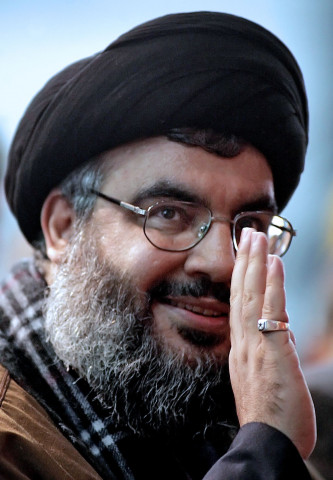
Hezbollah leader Sayyed Hassan Nasrallah, who had said he expects a United Nations tribunal to indict members of his own group over the assassination, said the investigators should consider whether Israel killed Hariri.
"What I showed ... is not absolute proof, but the door should be opened for such an assumption. For five years nobody-not the tribunal or the investigation or anybody in Lebanon-made one step towards such a theory," Nasrallah said.
Israeli officials have not commented publicly on who they think was behind Hariri's assassination. Israeli TV commentators described the accusation against Israel as an attempt to deflect blame from Hezbollah.
"Next month a U.N. investigation will probably say that Hassan Nasrallah is to blame for Rafiq al-Hariri's murder and obviously he wants to preempt that (by pointing a finger at Israel)," said Shlomi Eldar of Channel 10.
Nasrallah said the militant group succeeded more than a decade ago in intercepting signals sent by Israeli surveillance aircraft which overfly Lebanon, and had recently reviewed hundreds of hours of video.
In a two-hour presentation, he showed what he said was Israeli film of the coastal road in Beirut which Hariri took between parliament and his home in the west of the capital.
Nasrallah also showed footage taken of the road to Hariri's house in the hills outside Beirut, and a house in his home town of Sidon belonging to his brother Shafiq. The clips were not dated, and none appeared to show Hariri's motorcade.
"I am saying I have this footage, (so) supposedly it's the Israeli who should answer ... why he was filming these places and focusing on it on several times and from different angles." Nasrallah also said a Lebanese agent working for Israel had surveyed the site of the killing on February 13, 2005 a day before the bombing which killed Hariri and 22 others.
"If there is going to be a serious investigative committee, we are ready to provide them with evidence of his presence at the crime scene," he said.
Hariri's killing set off a huge political tremor in Lebanon, where the repercussions are still playing out five years later.
The U.N. investigation initially pointed towards Syrian involvement, an accusation strongly denied by Damascus. Last month the leaders of Saudi Arabia and Syria made a joint visit to Beirut to try to ease tension over reports that Hezbollah members will be indicted.
The powerful militant movement, which is part of Lebanon's unity government led by Hariri's son Saad, denies any role in the killing. Nasrallah had called the tribunal an Israeli project and said he would not accept accusations against any Hezbollah member.

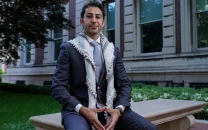

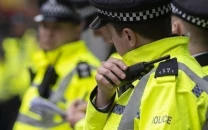

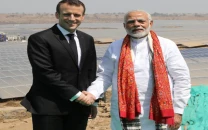
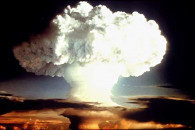












COMMENTS
Comments are moderated and generally will be posted if they are on-topic and not abusive.
For more information, please see our Comments FAQ